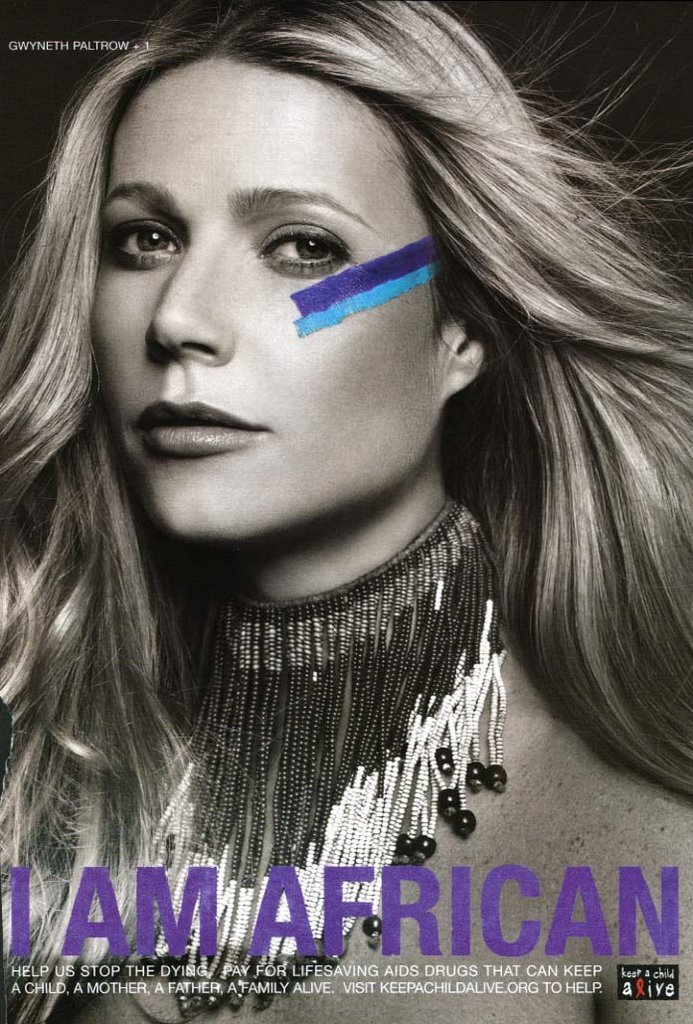This week on i-Muse we had the fantastic opportunity to interview an upcoming fashion brand, mille collines based in Rwanda. The brand, described as a ‘blend between trend and tradition’ was birthed a year ago, by two innovative Catalan designers, who decided to relocate to Kigali, Rwanda.
European cuts and silhouettes with hints of African influences, the brand is on the road to success having evolved from a small workshop to an international brand with retail outlets in Barcelona and Kigali; and soon to open retail outlets in Nairobi and an online retail store. Please check out their collection and let i-Muse know your views: http://www.millecollines.es/
Below are extracts from our interview with Inés Cuatrecasas, one of 2 founders of the company:
Can you provide a brief overview of the company?
The brand mille collines was born in Rwanda in the winter of 2007 when my partner Marc and I decided to pilot our first collection for Fall-Winter 2008 in a workshop located in the capital, Kigali. From there, we coordinated the work of several craftsmen and female groups located around the country; we adapted traditional techniques to European designs with an African essence.
After 2 years of research and product testing, the company was founded and is now over a year old. We started with 3 employees; today we have 30 employees and are still growing.
What is the inspiration that lead you to Africa and specifically Rwanda?
Africa is inspiration.
Apart from the intangible feelings that made us fall in love with the Continent, this place drags you back to the essence of creation. Just like in the 50’s in Europe, where you were part and witness of every stage of the process when creating a product. As designers, it is a privilege.
Back in 2005 in Rwanda, we met an extraordinary woman, Antoinette. She was a master cut in her own workshop and had a qualified team of tailors. Together, we created the first collection and identified the different cooperatives that would participate in the process. She inspired us to start and since then we have never stopped.
How much involvement/collaboration is there with the local communities?
They are an essential part of the process and the product. They are one of our added values. Apart from the 30 employees that are part of the Atelier team in Kigali, numerous cooperatives collaborate with our brand adapting handcraft to complete our products.
We like to explain to the communities what the market is about, the challenges and the conditions that we face, all key in building a trustworthy relationship. Being part of a process together and valuing their quality work has improved their self-esteem and life standards.
Did you have any preconceptions about doing business in Africa?
Back then, we were very young and idealistic but we had read and heard people talk about Africa as a very unstable environment for business. Commonly tagged with political instability, corruption, insecurity, bad supplies etc. it has pulled back many potential investors of betting for this Continent. Through our experiences, many of these preconceptions have been proved wrong or unfairly amplified.
You do face difficult situations. As in every new environment you have to watch closely and learn fast if you want to survive.
We’ve learned to be very cautious and purist. Learned to be intuitive and move forward even though many things might be lacking. This environment has enhanced our creativity and kept us constantly active, not to lose tempo.
What key challenges do you face in your business?
Transport is for us one of the main challenges. In a landlocked country our transport prices are relatively high and we lose competitiveness as a result. In the future however, there are plans to build a railway that will connect Tanzania with Rwanda. That would lower the costs of import/export and place Rwanda as a potential candidate for a logistics center between East and Central Africa.
We have never faced corruption in Rwanda. The country is leading a strong campaign against it and it has proved to be very effective.
Who is your target market?
mille collines' target is a woman with a strong personality, looking to differentiate herself through fashionable and ethical garments. She plays the role of an opinion leader for her surrounding social environment. By extension mille collines’ buyers can also be followers of this opinion leader.
Are you seeing increasing competition? If so, by whom?
Africa has strong potential as a growing market. Rwanda is still at an early stage so we are one of the very few brands that produce and sell high quality fashion goods that marry Western and African influences within the local market. Within East Africa (for example in Kenya, Tanzania and Uganda) the fashion industry is developing fast, with unique fashion brands emerging daily.
In Nairobi, Kenya, brands like Penny Winter are also producing high quality fashion goods with an African essence. Though, they are still not numerous.
We are very excited to see competition increase (laughs).
What are your long-term goals/ambitions in terms of growth and expansion?
We have an ambitious plan for mille collines (laughs).
We have a shop in Kigali and we are opening a new one in Nairobi in a couple of weeks. We are also exporting our products to multi-brand shops in Europe. Over the next 2 years, we want to keep expanding in East Africa with our own shops, aiming to have opened 5 stores. We will also focus in increasing the number of retail shops and sales volume across Europe and USA. Eventually we want to open our own stores there too.
Any comments on the future outlook of the business?
"Stay hungry; stay foolish" (Steve Jobs)




MC...great JOB!!! keep on going!!!!
ReplyDeleteMC, an example of entrepreneurs in the fashion business!
ReplyDelete